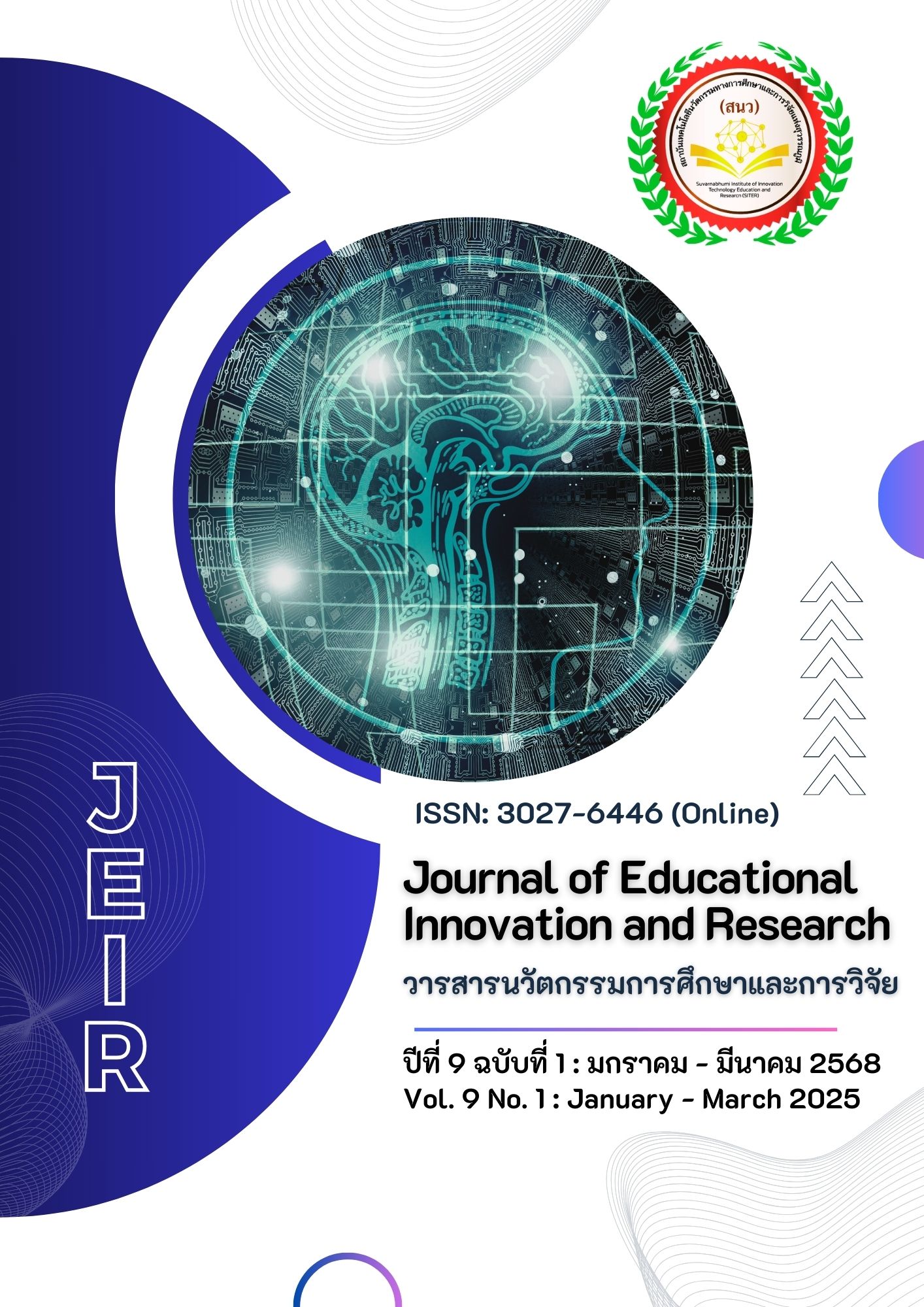A preliminary study on the construction of leadership development model for university teachers
Main Article Content
บทคัดย่อ
Based on the theoretical research on teacher leadership, this paper adopts the qualitative research method of grounded theory and takes 10 outstanding teachers in universities as the research objects. Qualitative research data are obtained through interviews and text analysis. With the help of qualitative analysis software Nvivo12,the data are analyzed. The leadership development of university teachers is summarized into four dimensions: moral leadership, teaching leadership, scientific research leadership and team leadership, and the theoretical analysis framework model of the leadership development of university teachers is initially constructed. In order to further verify the rationality of the model and provide a measurement basis for the leadership development of college teachers, this study adopts quantitative research method, and takes 317 college teachers as subjects, and uses SPSS software for reliability analysis, validity analysis, correlation analysis and other methods to conduct large-sample empirical testing of the designed model. The four-dimensional model of college teachers' leadership development has been further verified.
Article Details

อนุญาตภายใต้เงื่อนไข Creative Commons Attribution-NonCommercial-NoDerivatives 4.0 International License.
เอกสารอ้างอิง
Chen, X. (2000). Qualitative research methods and social science research. Beijing Educational Science Press.
Grant, C., Gardner, K., Kajee, F., Moodley, R., & Somaroo, S. (2010). Teacher leadership: A survey analysis of KwaZulu-Natal teachers' perceptions. South African Journal of Education, 30(3), 401-419.
Hatch, T., & Faigenbaum, D. (2005). Expertise, credibility and influence: How teachers can influence policy, advance research and improve performance. Teachers College Record, 107, 1004-1035.
Jin, J. (2016). Research on teacher leadership: From the perspective of teacher development. China Social Sciences Press.
Little, J. W. (2003). Constructions of teacher leadership in three periods of policy and reform activism. School Leadership and Management, 23, 401-419.
Sato, M., Hyler, M. E., & Monte-Sano, C. B. (2002). Learning to lead with purpose: National board certification and teacher leadership development [EB/OL]. http://eric.ed.gov/?q=EJ1137495
Woodo, K. (2014). Qualitative text analysis: Methods, practices and software usage guidelines. (Z. Zhiyong & F. Xiaohui, Trans.). Chongqing University Press.
Wu, M. (2009). Practice of questionnaire statistical analysis—SPSS operation and application. Chongqing University Press.
Xu, L. (2019). An analysis on the teacher leadership framework of American "leading educators". Teacher Development Research, 3, 117-124.
Yuet, F. K. C., Yusof, H., & Mohamad, S. I. S. (2016). Development and validation of the teacher leadership competency scale. Malaysian Journal of Learning and Instruction, 13(2), 43-69.
York-Barr, J., & Duke, K. (2004). What do we know about teacher leadership? Findings from two decades of scholarship. Review of Educational Research, 74(3), 255-316.


